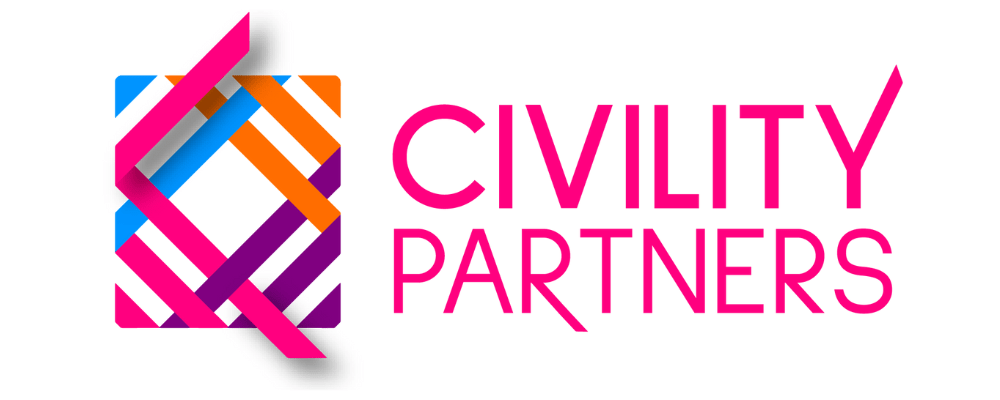Performance reviews can be quite a challenge, for managers and employees alike. As a manager, you bear the responsibility of providing feedback to your team members, and that can be quite daunting, especially if you’re new to the role. Believe me, I know from personal experience!
However, it’s crucial not to overlook the importance of performance reviews. Studies have shown that highly engaged employees are significantly less likely to leave their jobs, and conducting effective performance reviews plays a vital role in shaping the overall employee experience.
That’s precisely why we’ve compiled this handy list of performance review phrases. This resource will assist you in recognizing positive performance and identifying areas for improvement to help you navigate the complex terrain of employee evaluations and offer feedback that will truly motivate and inspire your team.
Recognizing Positive Performance
You excel at [action]. I would love to continue seeing that from you!
With this phrase, you’re highlighting and praising the employee’s action that you’d love to see them continue doing. By acknowledging this positive behavior, you’re making it clear to the employee that their action is valued and appreciated.
Examples:
- Your ability to take the initiative in streamlining our internal processes is truly impressive. I greatly value your proactive approach and would love to see more of it in the future!
- I want to acknowledge your exceptional time management skills, which consistently allow you to deliver high-quality work on time, even amidst tight deadlines and competing priorities. Keep up the great work!
- Your collaboration skills during our recent cross-functional project were outstanding. I encourage you to continue bringing that level of teamwork to future projects!
- I noticed how you actively seek opportunities to expand your knowledge and skills, as demonstrated by your attendance at webinars and conferences. Keep up the fantastic work!
- I truly appreciate your commitment to maintaining high standards, and I encourage you to keep up the excellent work!
Identifying Areas of Improvement
It appears that you could make progress in [action] considering [reason].
With this phrase, you’re not just pointing out a particular behavior that deserves attention, but also offering a well-founded explanation as to why improving it would be truly advantageous.
Examples:
- An area you could improve is receiving feedback – you always become defensive but maintaining an open mind, and responding constructively to feedback can help you grow.
- Considering the importance of conveying your message effectively, you have the opportunity to improve the way you write emails. Taking the time to review and proofread will greatly enhance your communication skills.
- An area of improvement to consider is your tendency to micromanage your team members’ tasks. While it’s important to ensure quality and alignment, excessive involvement can hinder their autonomy and growth.
- I think you could improve on staying focused during meetings. Multitasking may seem efficient but it can be perceived as disengagement and may impact the quality of your contributions.
- I would love to see you take more ownership of your mistakes. Everyone makes them, but the resolution is much smoother if there’s no finger-pointing.
Remember..
When providing employee performance review, it’s important to foster a two-way conversation. Don’t forget to ask follow-up questions like:
- “What suggestions do you have for making adjustments?”
- “How can I support your success?”
It’s also helpful to discuss a reasonable timeframe for implementing these changes.
“We are committed to helping your organization meet its goals by partnering with you to develop and deliver systemic solutions to negative workplace behaviors. We will partner with you to build a positive and healthy work environment so your employees can thrive.
We don’t focus on the corrective actions involving eradication of problems and negativity, we focus on finding solutions that create a safe and civil workplace – and there’s a difference. Focusing on solutions creates preventative and sustainable change.
Negative and aggressive workplace behaviors are systemic. In order to effectively remove them, holistic and system-wide solutions that are tailored to your organization and focused on prevention, not correction, are required.”
Please visit the firm link to site


